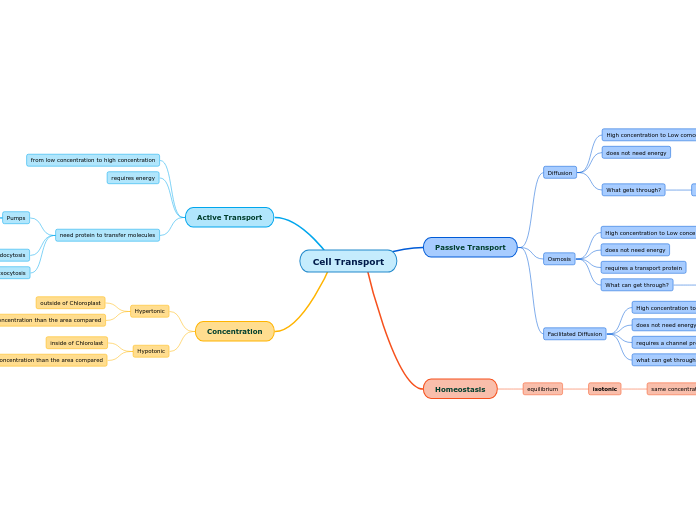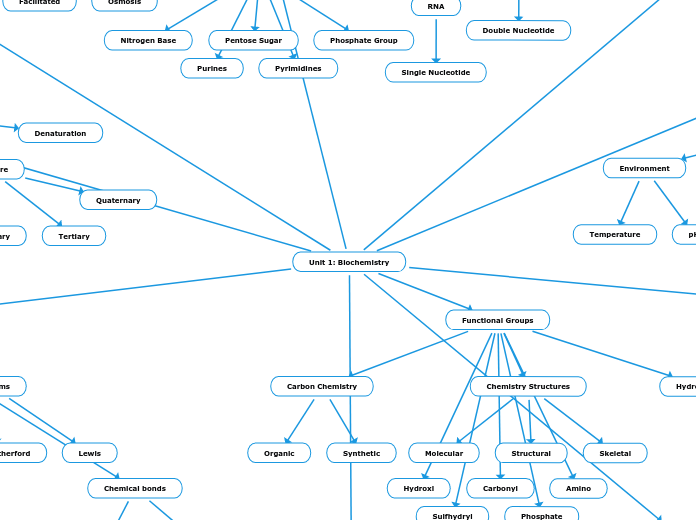por Philip Breen hace 6 años
295
Macromolocules
Macromolecules are large, complex molecules essential for life, encompassing lipids, carbohydrates, proteins, and nucleic acids. Lipids, including fats, oils, and steroids, are primarily hydrophobic and serve functions such as energy storage, insulation, and cushioning of organs.









